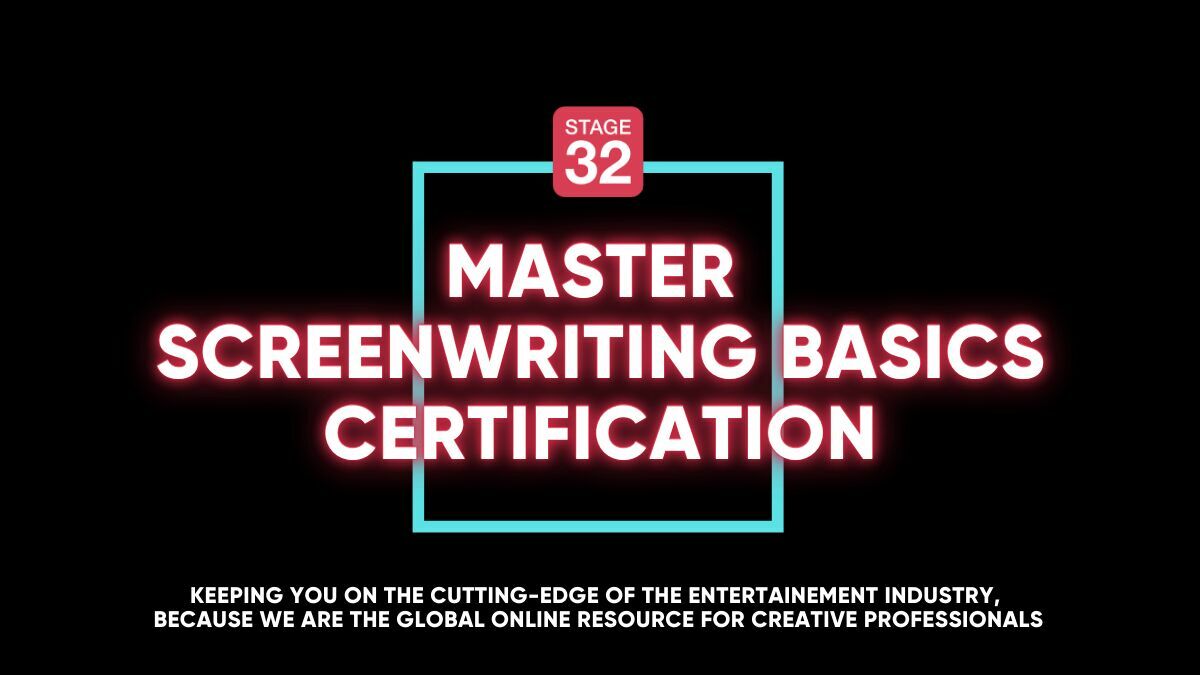Hey everyone! What kind of speakers do you use for mixing? I'm very new to that topic and I'm not sure what kind of speakers I should be using. So far I have a 5.1 surround system by Teufel and a Bose soundlink mini. I'm wondering if this is enough? What do you say?



3 people like this
I would advise you to mix your video post mix on active studio monitors if it is in your budget. Hi-Fi speaker systems will mask audio levels discrepancies and frequency masking issues.
Thanks for the advice, Omar!
1 person likes this
Brandi. Active monitors are professional grade loudspeakers that have its own built-in preamplification and response curve that doesn't exist in consumer speakers. Hi-FI speakers are what you buy from Best Buy, Costco or any other consumer electronic store like the old Radio shack. Home entertainment systems have a subwoofer and satellite speakers in tiny dimensions that are inadequate for monitor mixing. Professional mixing studios or post facilities has a subwoofer monitoring systems and other loudspeakers that are larger in transducers that can handle much more volume and details in a wide frequency range. These ranges are usually from 20hz-30khz. I have attached an image of a music producers studio that has a 13.1 surround system. If you look carefully, you can see that all the surround speakers are the same except for the center main subs which are larger. The producer goes by the name Deadmau5. You don't have to purchase these monitors, but if anyone are serious about doing any kind of pro audio post work in 5.1, 7.1, 9.1 or higher surround, don't skimp on the playback monitoring system.
1 person likes this
Omar Brown Wow thanks for that info Omar!
Yeah, thank you very much!
Do you have any lower budget recommendations for studio monitors?
2 people like this
I've got five Event 20/20 monitors plus the 20/20/15 sub. They're not the best on the market, but they're on the more affordable end of the spectrum. They come from working for Chris Young for eight years. Those were his choice of monitors and my ears got used to their sound. (Of course, when I mixed in the studio there, I used 2 PMC IB1S-A's.)
Thanks a lot, I'll have a look at them!
2 people like this
What Omar said is spot on. Generally speaking, "consumer speakers" are made to sound good. You don't want that. You want speakers that sound unflattering and are revealing. You don't want speakers that make your music sound good during playback normally used for popular music. You want speakers that force you to make your music good. Studio monitors are designed a particular way that they painstakingly make a woofer/driver to extend down to a particular low frequency range accurately, to an upper mid range limit accurately, before it sounds inaccurate. As well as the tweeter handling the high frequencies accurately until it shifts. Also, whether the speakers are front ported or rear ported has a lot to do with how they sound, and what you're hearing accurately. And the way your room is tuned, and where your monitors are placed in your room. I don't want to get too technical with the explanation, because there are entire articles you can read from studio monitor manufacturers that go into greater detail about the science behind everything with monitor designs. BUT, to a degree, all speakers are conceptually made the same, but are not equal in the initial design approach and the end results. Yes, a Toyota has an engine, wheels, and frame just like any other car; but a Porsche it is not... If you really wanted to get speakers instead of studio monitors for mixing, the only consideration I would give would be those that are considered in the hi-fi audio genre. Like B&W(Bowers & Wilkins), KEF, Dynaudio. But you'll notice that once you venture into the hifi speaker realm, it gets to be VERY expensive. And you'll STILL need the proper amplifier to drive those hifi speakers without coloration. Designing speakers/monitors is an art as well as a science, just like people that make bus compressors or eq's for audio. And whether you realize it or not, the question you asked is almost akin to asking people what's better PC or Mac? Or Analog vs Digital? There are still unsettled debates till this day on countless audio forums, and DIY Audio forums about the difference, if ANY difference between dedicated studio monitors, verses speakers. Sorry for the long post, but it's not quite as straight forward of an answer that everyone can give you before you start to sound opinionated.
2 people like this
Oh, and if you must know, my monitor setup for now are two Presonus Eris E8 active monitors, being fed into a powered 10" Sub-Woofer. Near perfect combo for mixing.
2 people like this
Depends on how much you want to spend. Do a search for Studio Monitors on any music website: Sweetwater, 8thstreetmusic, even guitar center. You will see brands: KRK, EVENT, Dynaudio, Mackie, Yamaha, B&W, Nuemann, M-Audio, Adams, PMC, etc.... Speakers are a highly subjective thing. Some people like really hyped monitors, others like flat, others need imaging - the point is you get used to a pair of speakers that translate well to what ever medium your composing. It should sound good through Mac Iphone and Laptop speakers, to car, to your TV, etc... So start with your budget - say $800 for a pair of speakers. Then go listen to all the speakers in that range, by taking your favorite music that you know well (and even some you wrote yourself) - and listen really closely to them. My personal preference for a middle-of-the-road speaker set is the Dynaudio BM5s or the Nuemann KH120s, they will set you back a bit, but are really easy on the ears and won't fatigue like the Adams. For slightly cheeper than those... Look at Event or even Genelec 8010 series... I would stay away from KRK and the entry level Mackies, they are good for a beginning set and you can get 'okay' mixes off of them, but if you are serious go a bit higher.
Wow! Thank you for the amazing and detailed answers. I'm glad you are so supportive :) So I'll have a look at studio monitors that fit my budget, take the ones that sound best to me and I should be good to go. Again, thank you for your great help!
1 person likes this
I have to second what Samuel said. You really do need to listen to a pair of monitors to decided what you like. It is true that monitors have a "sound" of their own IMO. Like to me, JBL's have always had a somewhat "forward" sound, a little aggressive compared to other monitors. Mackie have always sounded bass heavy to my ears. Yamaha have always sounded a little "bright" to me. But with all of those monitors, as well as others like Genelec, Dynaudio, Focal, Adams, etc, you still have to learn your monitors and get your ears accustomed to their nuances. That's not something you can do by just reading the technical specs. But I will say, that online opinions from different people in the audio industry certainly can help!
1 person likes this
I'm a current composing student and I have a set of KRK rokit 8s, and they sound great
Thanks a lot, everyone!
Sometimes it depends on your budget, what you have, and where you want to spend your money. I decide some years back when I started that I will have the tools to fit the job. As I was going to start off with shorts and local filmmakers, I much rather limit my spending on the hardware so I found an old pair of Bose 201 shelf speakers not in use, bought two stands and put them in the corners in my converted studio (used to be a bedroom). As I am not in the point where I have a offsite facility (and an administrative assistant) like some of my local friends who have a few dozen features with lots of corporate work :) , the sound from these speakers is well above my minimum bar. No one here in Houston so far has asked for a Dolby mix and if they did, I have a dolby 5.1 system in my living I could use for the time being if I needed to. Thing is, as I am not yet in an industrial space and I have not sound proofed my studio, I can't really turn up the music very loud anyway, especially if my wife is around as she has her own (non-music) studio where she does paid sewing and monogramming and complains if the music is too loud. One of the things I have done which I find particularly useful is also have and use a high quality noise silencing headphone (Bose QC25). I find that particular useful when I am trying to sync my music to the film as I can hear things on a headphone that I can not hear through studio speakers and often it's things that the video editor forgot about that needs fixing in the sound mix. For me the bottom line is that in the environment I am currently in (local film industry, most shorts and occasional feature), I much rather invest when I have funds in things that directly impact what the filmmaker / sound editor/mixer will get. Studio speakers are more of an internal thing like the number of monitors I use to score.
Okay, Thank you Joel!